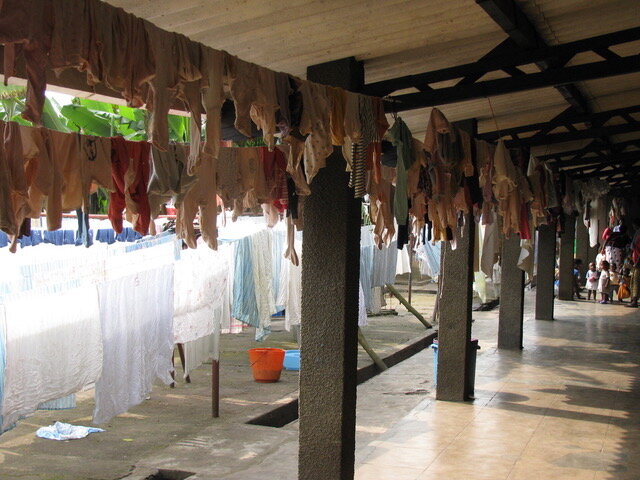Child Welfare System Assessments
For the past 30 years David has worked to reform child welfare systems in the United States and internationally as a consultant to UNICEF, the World Bank, governments, foundations and NGOs.
Beginning in 1991, when the world learned about the horrors of Romanian orphanages, UNICEF asked him to conduct the first-ever assessment of the Romanian social welfare system. He was then asked by the World Bank to develop a strategy to prevent children, the disabled and the elderly from being placed in long-term residential institutions in Eastern Europe and the former Soviet Union, particularly in Lithuania, Romania and Armenia. His monograph published by the World Bank, Moving from Residential Institutions to Community-Based Services in Eastern Europe and the Former Soviet Union became the basis for the World Bank’s deinstitutionalization and community services strategy.
He was a founding partner of Maestral International, which works to promote the well-being of vulnerable children and families. He worked with UNICEF to develop a toolkit to assess and strengthen child welfare systems in Nigeria and several East African countries.
He has used top down strategies working with government and bottom up strategies working with community groups and NGOs to reform child welfare systems. Though both approaches are useful, a combined top down/bottom up strategy is most effective.
Breaza, Romania, 1991
In the bathroom of an institution for children with moderate disabilities. The children did not have their own toothbrushes.
Rwanda, 2012 The government of Rwanda decreed that all residential institutions for children shall be closed, including this one
Kenya, 2009 A children’s cottage for poor and neglected children
Tell me more!
For more detailed information about child welfare, child protection systems, and system reform, check out the articles linked below or visit the Resource Archive.

